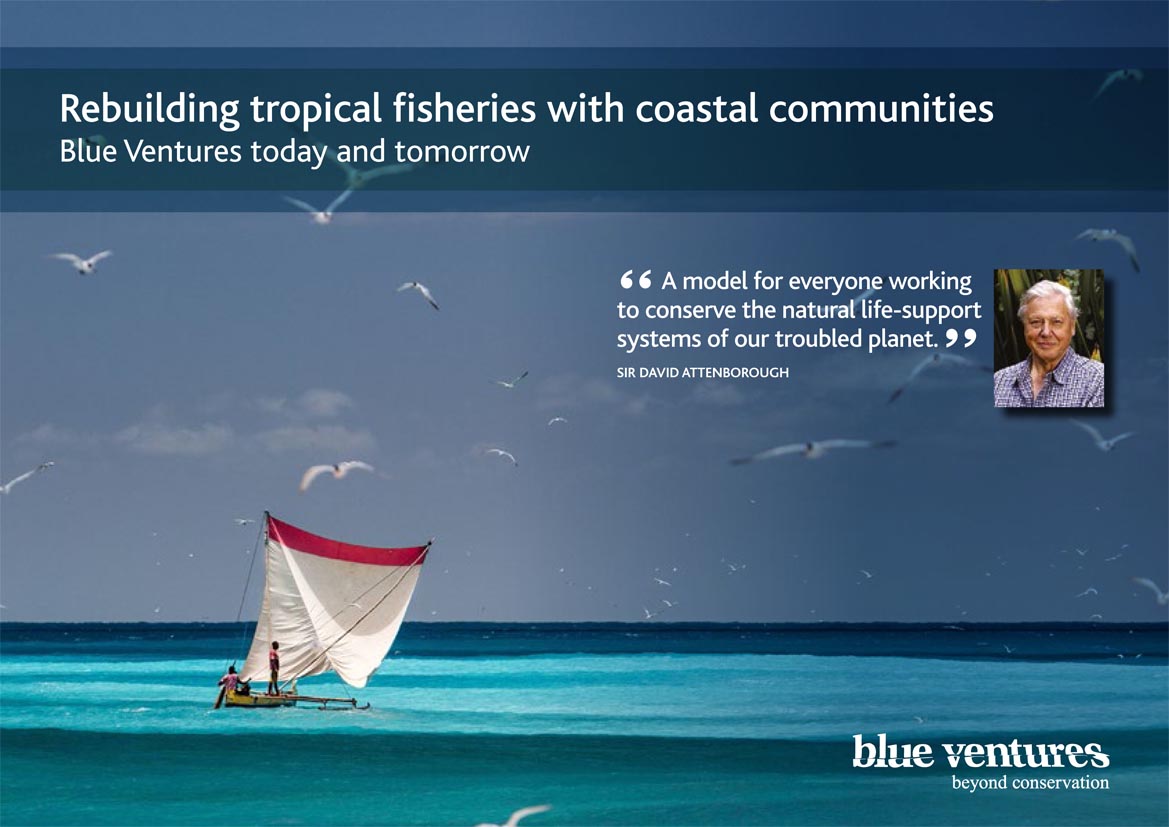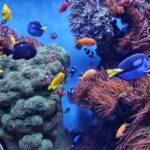
How a handful of fishing villages sparked a marine conservation revolution
We need a radically new approach to ocean conservation, says marine biologist Alasdair Harris. In a visionary talk, he lays out a surprising solution to the problem of overfishing that could both revive marine life and rebuild local fisheries — all by taking less from the ocean. “When we design it right, marine conservation reaps dividends that go far beyond protecting nature,” he says.
This talk was presented at “We the Future,” a special event in partnership with the Skoll Foundation and the United Nations Foundation.
[/et_pb_text][/et_pb_column][/et_pb_row][/et_pb_section][et_pb_section fb_built=”1″ _builder_version=”3.29.3″ min_height=”901px”][et_pb_row _builder_version=”3.29.3″ custom_padding=”0px|||||”][et_pb_column _builder_version=”3.29.3″ type=”4_4″][et_pb_code _builder_version=”3.29.3″ hover_enabled=”0″]ABOUT THE SPEAKER
Alasdair Harris · Ocean conservationist, entrepreneur
Alasdair Harris is a social entrepreneur and ocean conservationist working at the interface of marine protection and poverty alleviation.
We rebuild tropical fisheries with coastal communities
Blue Ventures develops transformative approaches for catalysing and sustaining locally led marine conservation. We work in places where the ocean is vital to local cultures and economies, and are committed to protecting marine biodiversity in ways that benefit coastal people.
Our story started over a decade ago, surveying coral reefs in the Mozambique channel. Vezo communities in southern Madagascar were concerned about the decline of their fisheries, so we supported one village to experiment with closing off a small section of their octopus gleaning area for a few months, to see whether this might boost productivity.
When the closure was re-opened, communities experienced a huge increase in octopus landings and fisher incomes. As news of this remarkable fishery boom spread, neighbouring communities started copying this approach. Crucially, this sparked interest in more ambitious coastal management efforts, leading to the creation of the country’s first Locally Managed Marine Area (LMMA) governed by a small network of fishing villages.
Since then, this temporary fishery closure model has gone viral along thousands of kilometres of Madagascar’s coastline, spawning a grassroots marine conservation revolution with 64 more LMMAs established to date. Today, over 17% of the island’s seabed is managed by communities, for communities.
Our work is about much more than octopus. These experiences have guided our journey searching for new approaches to demonstrate that marine conservation can be in everyone’s interest, and that taking less from our ocean can give us much much more.








